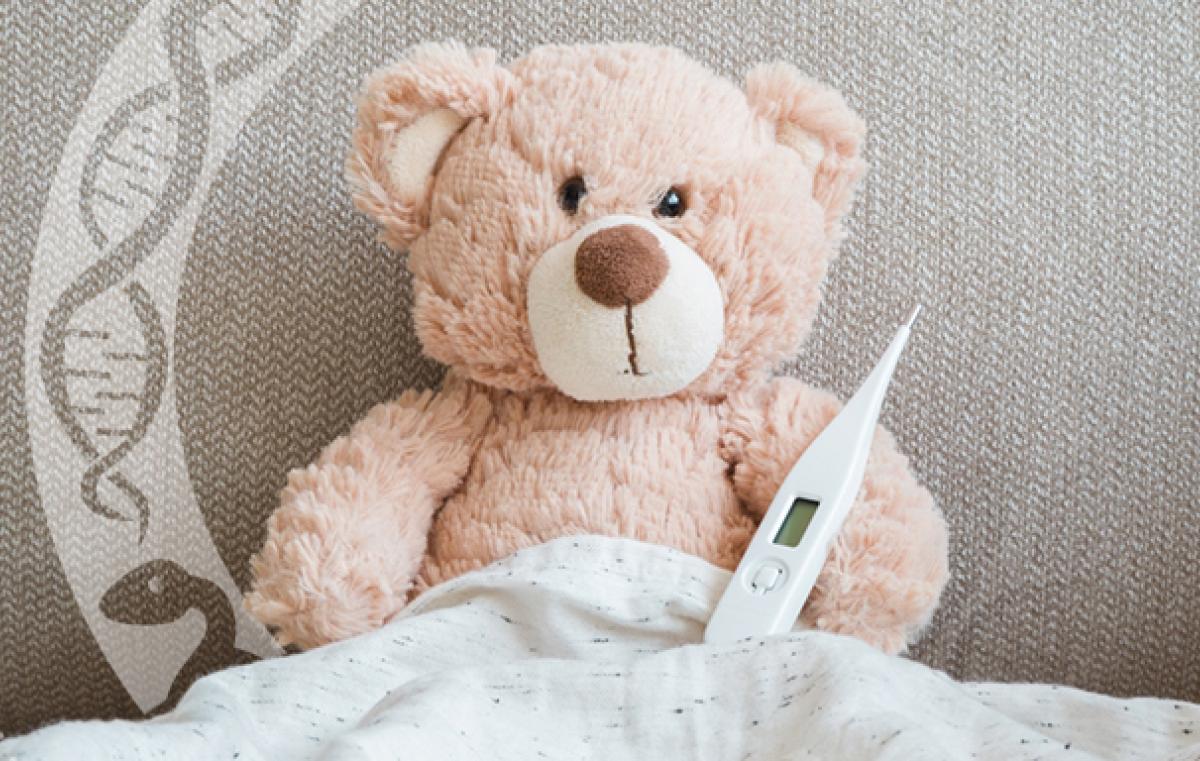Gut, Brain, Aggression
What Medical Research Reveals About Early Antibiotic Use and Behavior

The Surprising Link Between Gut Bacteria and Aggression
A fascinating medical research has uncovered a surprising connection between the microscopic world within our bodies and one of humanity’s most primal behaviors: aggression. Scientists at Bar-Ilan University's Azrieli Faculty of Medicine have found compelling evidence that gut bacteria play a crucial role in shaping social behavior, potentially transforming our understanding of how early-life interventions impact brain development.
At the center of this discovery is the microbiome—the vast ecosystem of microorganisms that inhabit our bodies. By altering this delicate balance in mice, researchers observed a significant increase in aggressive tendencies, particularly when microbial disruption occurred during critical developmental stages.
How Medical Research Connects the Gut and the Brain
To explore this link, scientists used an innovative approach: implanting human infant gut bacteria into “humanized” mice. This technique bridges the gap between animal studies and human relevance, providing fresh insights into how early microbial exposure may shape behavioral patterns later in life.
The Science Behind Gut-Driven Aggression
As the researchers delved deeper, they uncovered a complex network of biochemical changes in the brain. Mice with altered microbiomes showed shifts in neurotransmitters and gene expression, particularly in the septum—an area of the brain linked to aggression. These findings suggest that gut bacteria influence brain function in ways previously unrecognized, further highlighting the intricate relationship between the gut and behavior.
Rethinking Early Antibiotic Use
This study raises important questions about the long-term consequences of common medical practices, particularly early-life antibiotic use. Medical research is increasingly revealing that antibiotics do more than just fight infections—they can also disrupt the delicate ecosystem of the gut, potentially leading to unforeseen behavioral effects.
As scientists continue to explore the connections between gut health and brain function, this research underscores the need to consider how medical interventions may shape not just physical health, but also social behavior. The microbiome’s influence on aggression is just one piece of a much larger puzzle—one that medical research is only beginning to unravel.